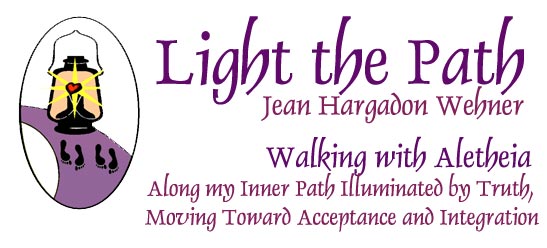This list was provided by Kathleen Hoke, Professor of Law at the University of MD Law School and an amazing advocate for victims of child sexual abuse.
Download a copy of the list here
Have you brought litigation or made settlement demands in lieu of litigation in cases involving child sexual assault? Do you otherwise have experience in this area of practice?
Knowing a lawyer’s depth and breadth of experience trying child sexual abuse cases will help weed out completely inexperienced lawyers and help you identify lawyers with various levels of experience. You can ask about how many years the lawyer has been practicing in this field, how many clients the lawyer has represented as plaintiffs (the injured party), how many cases went to trial, how many cases settled, and what the outcome of trials and settlements has been. [Note: Any judgments rendered after a trial would be public. There is no reason a lawyer could not share that information. Sometimes settlements may be confidential, but a lawyer can still talk about cases in the aggregate and give averages or a range of settlement amounts (just so long as it is not obvious what case yielded a particular settlement)]. Other relevant experience may be if the lawyer serves as a prosecutor, or even defense attorney, in criminal cases involving child sexual assault. You should look at the law firm’s website where they will likely explain the firm’s or attorney’s experience—but also ask directly.
For those litigating against a party that has filed for bankruptcy (like the Archdiocese of Baltimore): Have you litigated civil claims through the bankruptcy court? Can you tell me how that is different from a typical civil case?
Trying cases or negotiating claims before the bankruptcy court is different than a traditional civil action. Having a lawyer with relevant experience would be beneficial. The lawyer should be able to explain the differences to a potential client—saying it is about the same would not be a sufficient answer.
Do you have in-house or external resources available to support the myriad needs of your clients who are pursuing justice under the Child Victims Act?
and/or
What training have you and your legal team engaged in to provide trauma-informed representation to clients pursuing justice under the Child Victims Act?
Here you are looking for lawyers and staff who understand the particular nuances of working with survivors of child sexual assault. Some firms may have social workers to assist their clients; they may provide external resources through victim assistance programs. Lawyers and their teams may have had training in representing clients in a trauma-informed manner. Any lawyer representing a survivor of child sexual assault should have at least something to point to in response to this question.
Do you practice primarily in Maryland courts?
[You can also ask about in what County or Counties the lawyer practices.] It is imperative to have a lawyer and firm that is intensely familiar with Maryland courts, procedures and practices, and laws.
Could you describe the typical financial arrangement with clients bringing cases under the Child Victims Act: What costs must a client pay up front? What costs fall to the client during the process of the case? How much does the law firm receive if there is settlement before trial? How much if trial occurs? How are costs of any appeals covered?
While no one can predict all costs of litigation nor accurately predict the financial outcome of settlement or trial judgment, a lawyer should be able to carefully walk you through your financial obligations and their percentage of a settlement or judgment. While lawyers can work on an hourly basis, most of the Child Victims Act cases will likely come within an arrangement through which the lawyer/law firm takes a percentage of any settlement or judgment. Often the percentage is lower for settlement (especially if well before a planned trial). This percentage could be up to 50% of the settlement or judgment; so be prepared to hear those numbers. [Note: When setting up an initial consultation, make sure to ascertain up front that there is no fee for the consultation. Most lawyers pursuing these cases are willing to give a free initial consultation. This may be a brief meeting and may be a meeting with a paralegal or legal assistant.]
How long will the case take?
No one can predict this accurately under the current circumstances. But it is a good question to ask to see if the lawyer is prepared to respond honestly—that these cases take a good bit of time and that the question on the constitutionality of the repeal of the statute of limitations in the Child Victims Act will have to be litigated through appeals before any cases proceed to trial.
